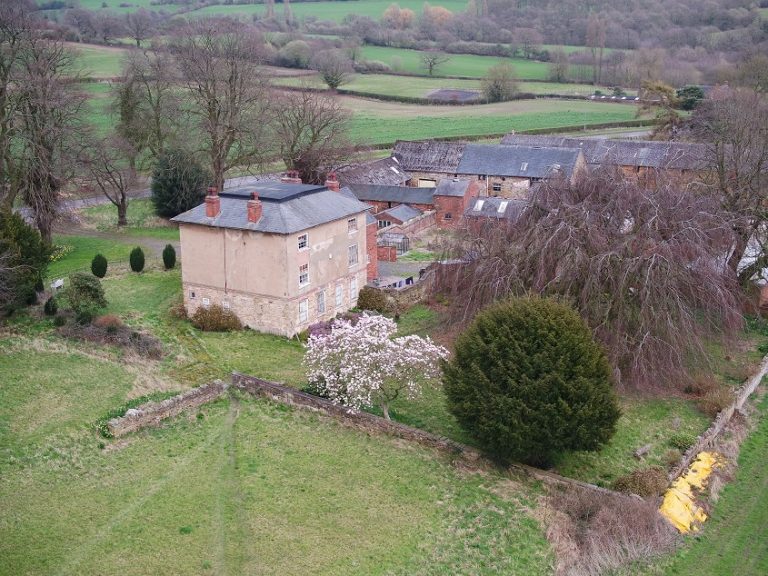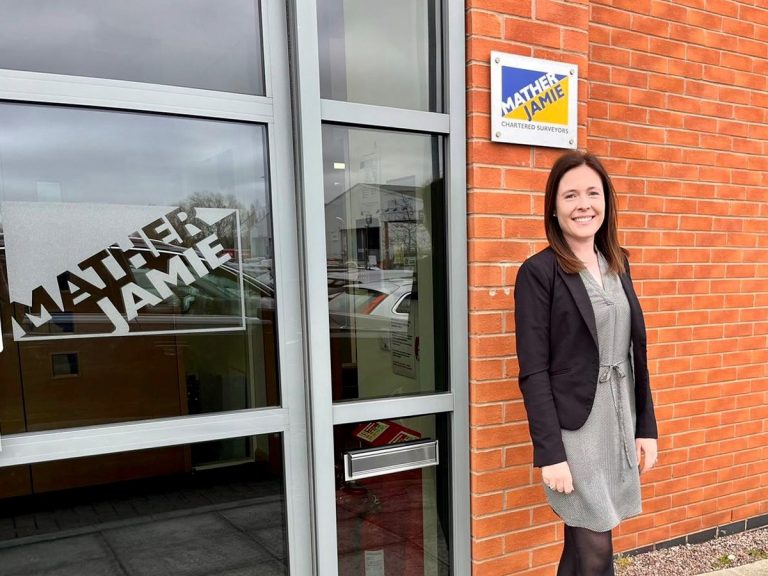The Federation of Small Businesses (FSB) is warning that the futures of thousands of small businesses and sole traders are at risk as a raft of new admin requirements and cost pressures hit over the coming days.
Its intervention follows Office for National Statistics figures showing that Covid infection rates are soaring, and close to one in seven (14%) businesses are not currently fully trading. Research by the body published earlier this month indicated that 5% of businesses, the equivalent of more than 250,000 firms, fear imminent collapse.
Protection from eviction for commercial tenants came to an end last week, the day after an SSP rebate scheme for small businesses closed a week ago today.
Changes taking effect for small businesses imminently include:
- The requirement to pay all VAT deferred in the period to June 2020 under Covid reliefs in full (Today, 31 March)
- An end to the 12.5% VAT rate for the hospitality sector; the requirement to make all VAT returns MTD compliant; an increase in the National Living Wage rate for over 23s to £9.50; a reduction to the 66% business rates discount for high street businesses and first payment of new rates bills (Tomorrow, 1 April)
- An increase in the weekly SSP rate to £99.35 (Sunday, 3 April)
- A 1.25 percentage point increase in NICs rates for employers, employees and sole traders as well as dividend taxation (Wednesday, 6 April)
FSB Development Manager, Natalie Gasson-McKinley said: “These remain incredibly testing times for the small business and sole trader community. Through an increase in the Employment Allowance, a revised MTD timetable and continued business rates discounts, the Government has provided meaningful measures to ease the pain of incoming changes.
“There’s no use hiding from the facts though: this April flashpoint will push some firms to the brink. Spiralling Energy costs are causing huge anxiety – small firms trying to navigate the energy market remain sandwiched between domestic consumers, who are protected by a price cap, and big corporates, which have leverage to secure the best deals.
“With so many business owners and employees now forced to isolate as Covid infection rates soar, we and the TUC are urging the Government to launch a permanent sick pay rebate that covers all absences to protect livelihoods.
“Changes that can make the biggest difference don’t need to cost the taxpayer a penny. We are currently in the midst of a poor payment culture which has 400,000 small businesses fearing for the future, simply because clients refuse to pay on time. By taking forward our proposal to make audit committees directly responsible for prompt payment practice, the Government can spur real change, and corporates can bolster their ESG credentials, at zero expense.
“Ahead of the Queen’s Speech and launch of its Enterprise Strategy, we look forward to working with Government to build on pro-business measures set out at the Spring Statement, removing barriers to investment in people, capital and ideas, and delivering the new culture of enterprise that this Government rightly aspires to.”












